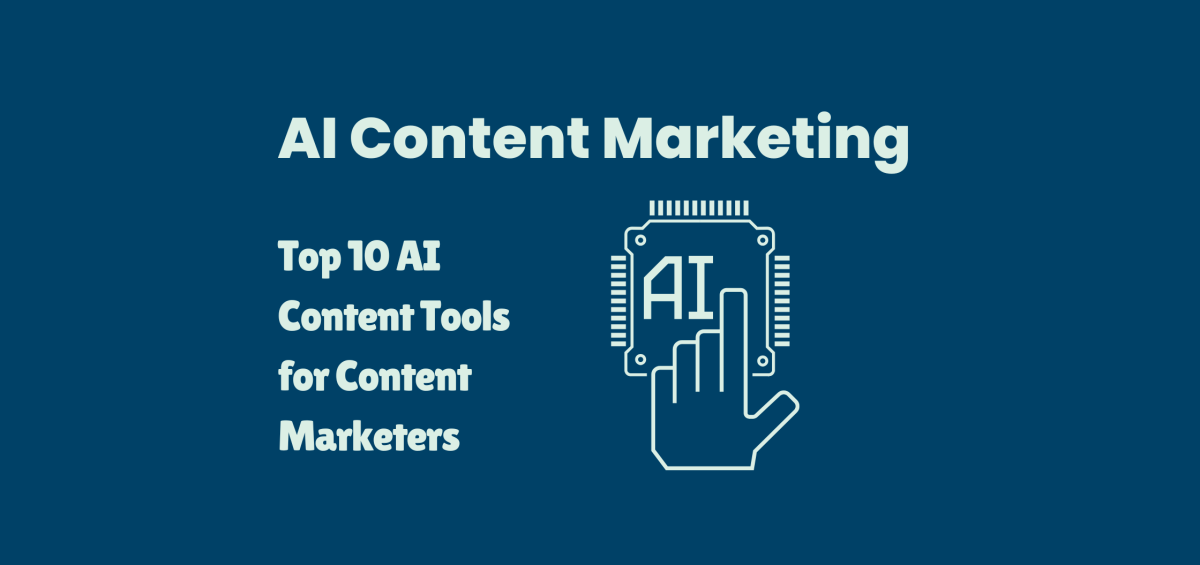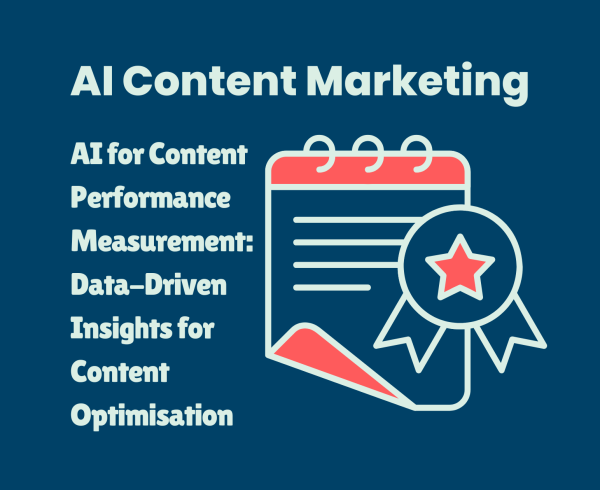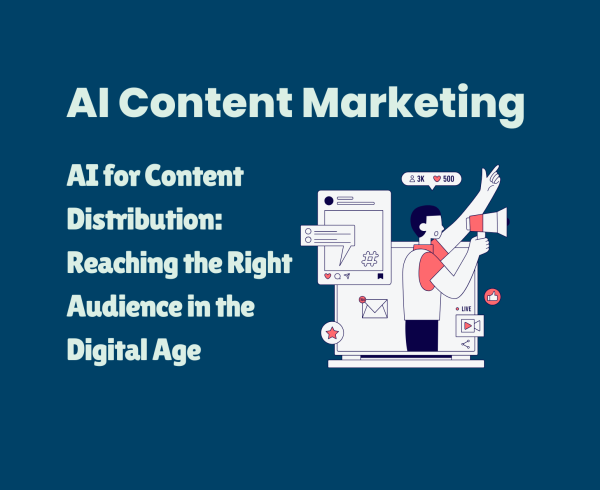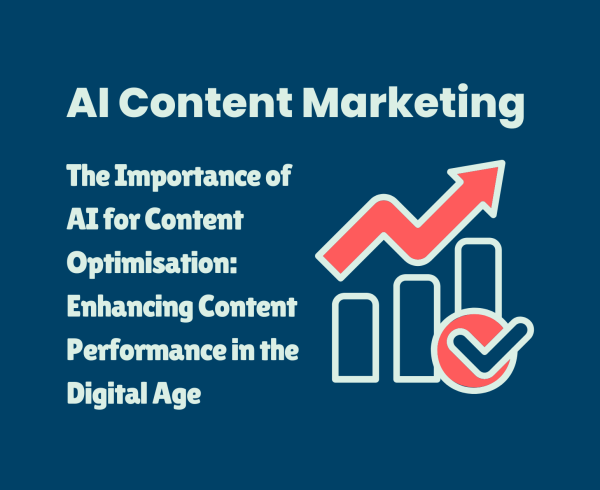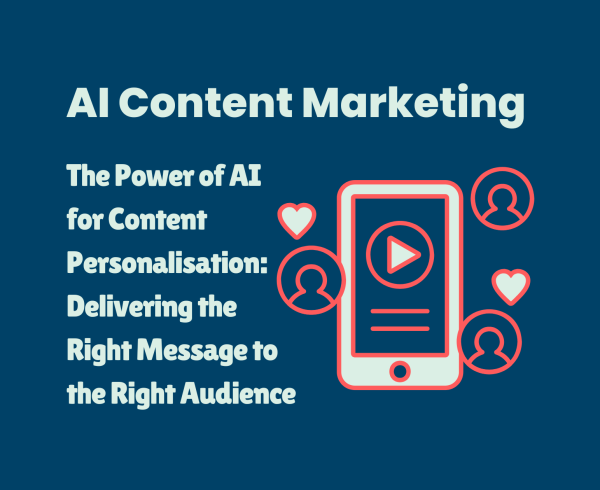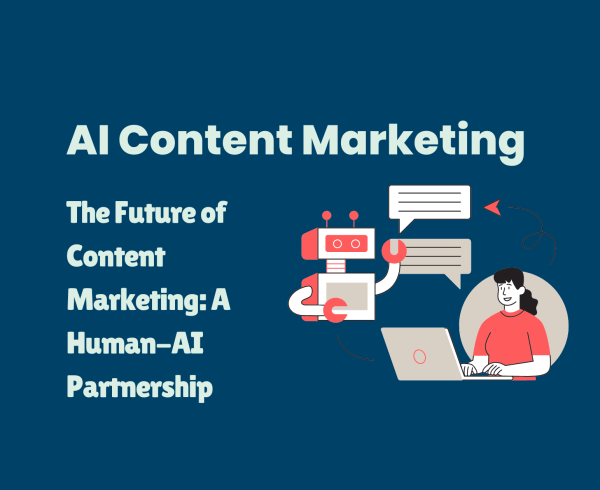Artificial Intelligence has transformed content marketing from a creative art into a sophisticated, data-driven discipline. From ideation to creation, optimization, distribution, and measurement, AI now enhances every stage of the content lifecycle. This comprehensive guide explores ten powerful AI tools that are revolutionizing how marketers create and distribute content, with real-world examples of their impact.
1. ChatGPT – AI-Powered Content Ideation & Drafting
OpenAI’s ChatGPT has become indispensable for content ideation and initial drafting. A recent eMarketer report found that 55% of marketers use AI for content ideation, with ChatGPT leading the charge. Content teams use it to overcome “blank page syndrome” by generating article topics, outlines, and first drafts from simple prompts.
Real-World Impact: Content teams report saving 3-4 hours per article by using ChatGPT for initial drafts. While human refinement remains essential for adding brand voice and fact-checking, the efficiency gains allow marketers to produce more high-quality content with the same resources.
2. Jasper.ai – AI Copywriting Partner
Jasper.ai is a versatile AI writing assistant built specifically for marketing teams. It offers 70+ templates for blog posts, marketing emails, product descriptions, and ad copy—all tailored to your brand’s tone and style. Its advanced AI (powered by GPT-4) can produce long-form content with SEO integration.
Real-World Impact: A leading software company implemented Jasper.ai and increased their content output by 500%. As their marketing director noted: “What once took days now takes hours. We’re able to create more diverse content across multiple channels while maintaining quality and brand consistency.”
3. MarketMuse – AI Content Strategy Platform
MarketMuse helps develop data-driven content strategies by analyzing your existing content and competitive landscape. It builds topic models and content briefs, identifies content gaps, and provides optimization recommendations based on what top-performing content includes.
Real-World Impact: Companies using MarketMuse report significant improvements in organic search performance. Content created using MarketMuse’s AI-driven briefs typically ranks 20-30% higher than content created without these insights, leading to increased organic traffic and conversions.
4. Midjourney – Generative AI for Visual Content
Visual content creation has been transformed by AI, with Midjourney generating stunning visuals from text prompts. Content marketers use it to create blog graphics, social media imagery, concept art, and more without needing design expertise.
Real-World Impact: E-commerce brands use Midjourney to create product visualizations and lifestyle imagery at scale. One fashion retailer generated over 200 unique product lifestyle images in a single day—a process that would have taken weeks with traditional photography.
5. Surfer SEO – AI Optimization for Search Visibility
Surfer SEO analyzes over 500 on-page factors and provides real-time optimization recommendations based on what’s working for top-ranking content. It guides content creation with keyword usage, content length, heading structure, and relevant subtopics suggestions.
Real-World Impact: Content teams using Surfer SEO report 40-60% improvements in organic rankings. A SaaS company saw their blog traffic double within three months after implementing Surfer SEO’s recommendations across their content library.
6. Descript – AI-Powered Video Editing
Descript simplifies video creation with innovative features like automatic transcription and text-based editing, where you can edit video by simply editing the transcript. Its Overdub feature lets you create voiceovers using AI voices or a clone of your own voice, while Studio Sound enhances audio quality.
Real-World Impact: Marketing teams using Descript report 70% faster video production times. One B2B company increased their video output from 2 videos per month to 8, resulting in higher engagement across social channels and more effective product demonstrations.
7. Lately AI – Automated Social Content Repurposing
Lately AI transforms long-form content into dozens of social media posts with a single click. Its algorithms learn your brand voice to ensure generated posts sound authentic, turning one big piece of content into many smaller snippets optimized for each social network.
Real-World Impact: Companies using Lately AI report 3-4x increases in social engagement. One marketing agency saved 15 hours per week on social content creation while increasing their clients’ social reach by over 200%.
8. StarNgage.ai – AI Training Platform for Custom Content Generation
StarNgage.ai allows you to create custom AI models trained on your unique products, portrait, style, or any object. This revolutionary approach enables infinite content possibilities tailored to your specific brand needs.
Real-World Impact: E-commerce businesses use StarNgage.ai to slash product photography costs while expanding their visual content library. As one e-commerce manager reported: “We’ve cut imaging costs by 60% while increasing our product variants by 300%. It’s been a game-changer for our business.”
The platform simplifies AI training with a three-step process:
- Upload your images or style references
- Let the AI analyze and learn your unique characteristics
- Generate unlimited content with your personalized model
Applications include e-commerce product photos, social media content, and influencer collaborations without scheduling conflicts or geographic limitations. The cost-effective solution eliminates expensive photoshoots while maintaining brand consistency.
9. Copy.ai – AI-Powered Copywriting Tool
Copy.ai generates creative and effective marketing copy for websites, landing pages, email campaigns, and social media. It provides performance insights to help optimize content for better conversion rates.
Real-World Impact: A high-growth e-commerce startup implemented Copy.ai to automate product descriptions for their expanding catalog. Each writer saved approximately 35 hours per month, allowing them to focus on strategic initiatives while improving product description quality and conversion rates.
10. Google Analytics Intelligence – AI-Powered Performance Insights
Google Analytics Intelligence uses machine learning to analyze website data and provide automated insights about content performance. It surfaces important trends and anomalies, allowing marketers to ask questions in plain English and get instant data-driven answers.
Real-World Impact: Marketing teams using Analytics Intelligence detect content performance patterns 80% faster than with manual analysis. One content director discovered that long-form guides were outperforming shorter posts by 3x in conversion rate—a pattern they hadn’t noticed through regular analytics reviews.
Real-World Success Stories: Companies Transforming Content Marketing with AI
Intuit: Overhauling Brand Voice with AI
Financial software giant Intuit faced challenges maintaining consistent brand voice across multiple products and content creators. They implemented Writer.com’s AI platform, trained on their brand guidelines, to analyze and score content based on brand voice compliance.
Results included improved content quality, enhanced brand consistency, and better inclusivity through identification of potentially biased language. This led to increased customer trust and improved content performance metrics.
The Washington Post: Automating News Content Creation
The Washington Post adopted Heliograf, an AI content generation system, to automate news reports for data-driven stories like sports scores and election results. This freed journalists to focus on investigative reporting while expanding content output.
The system also monitors social media for breaking news and generates social media posts, allowing the publication to deliver more comprehensive coverage and reach wider audiences.
Netflix & Spotify: Personalizing Content Experiences
Both Netflix and Spotify leverage AI to create hyper-personalized content experiences. Netflix’s recommendation system analyzes viewing history and preferences to suggest relevant content and even creates personalized trailers and artwork.
Spotify uses AI to generate personalized playlists tailored to individual music tastes, helping users discover new music they might enjoy while maintaining engagement.
The Future of AI in Content Marketing
The AI content marketing landscape continues to evolve rapidly. As these tools demonstrate, AI isn’t replacing human creativity but augmenting it—handling routine tasks, providing data-driven insights, and scaling content production. This allows marketers to focus on strategy and creative direction.
Forward-thinking content teams are adopting a hybrid approach, using AI for:
- Data-driven content planning and gap analysis
- First-draft generation and ideation
- Visual content creation at scale
- Content optimization and performance prediction
- Personalization and distribution
By leveraging these AI tools strategically, content marketers can produce more relevant, engaging content with greater efficiency. The key is finding the right balance—using AI to handle scalable tasks while applying human creativity, empathy, and strategic thinking to ensure content resonates on a human level.
As we move further into 2025, the distinction between AI-assisted and human-created content will continue to blur. The most successful content marketers will be those who embrace these tools as partners in the creative process, allowing technology to enhance rather than replace human ingenuity.

